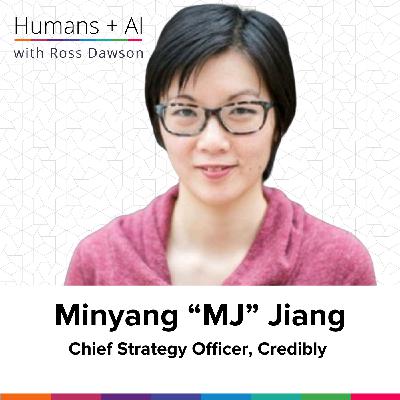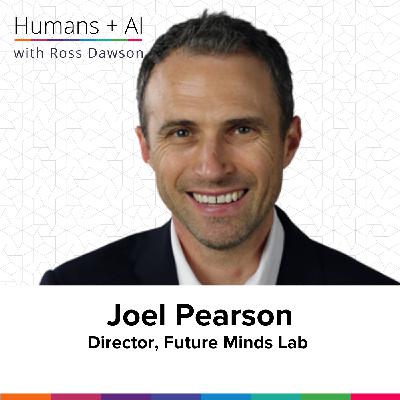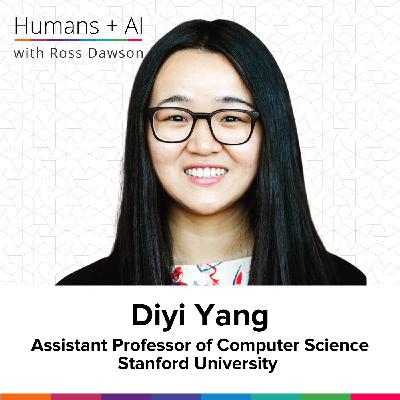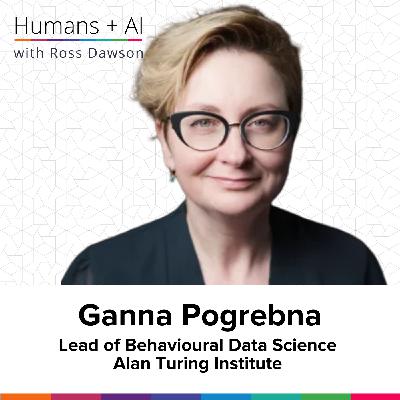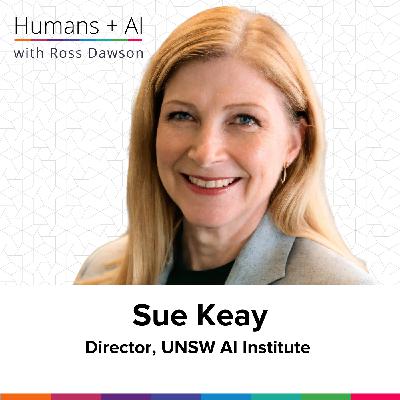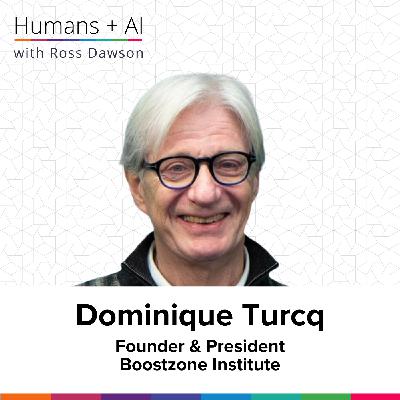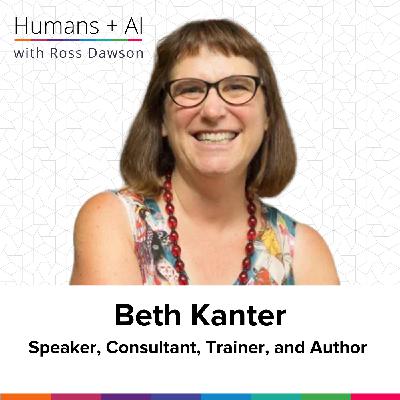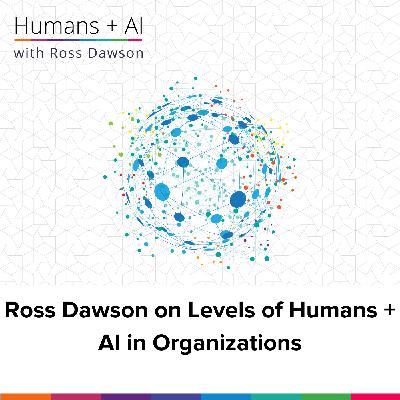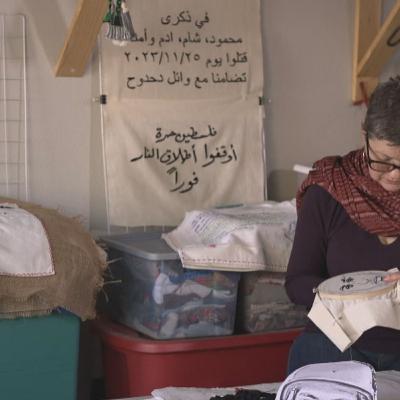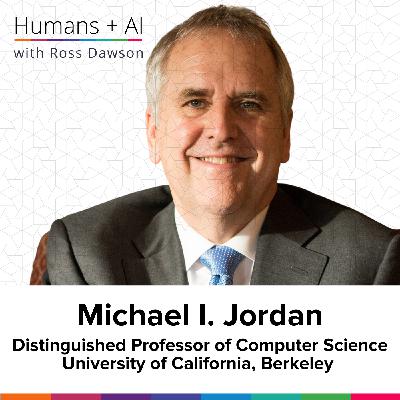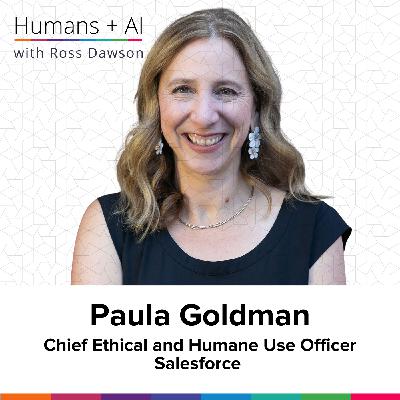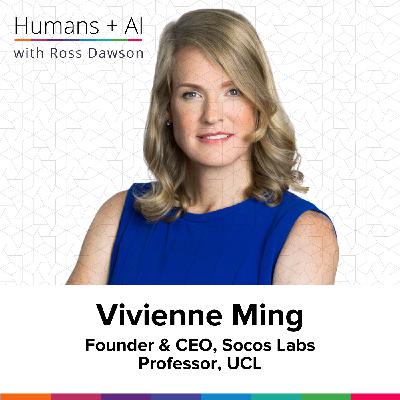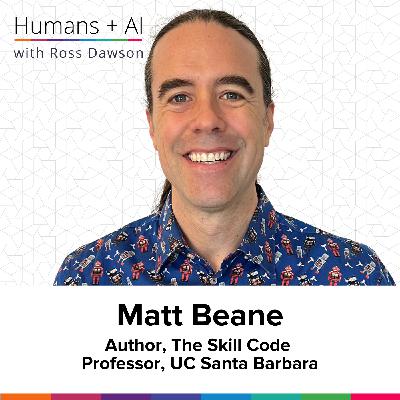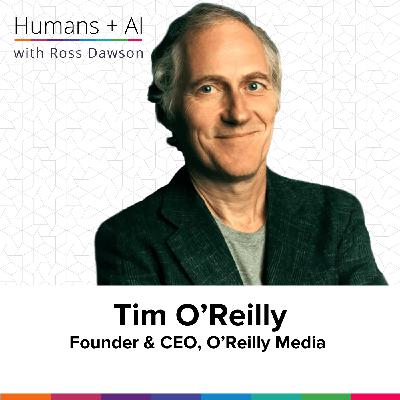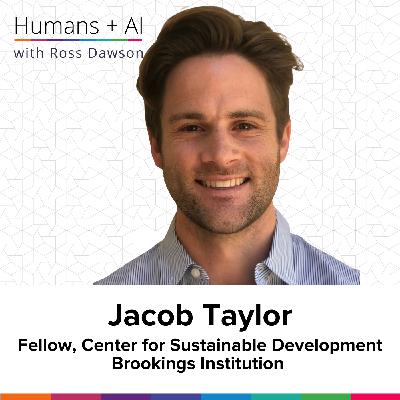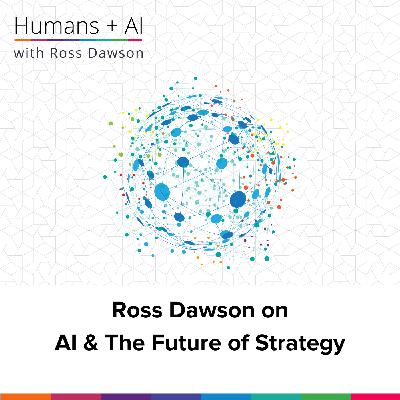Minyang Jiang on AI augmentation, transcending constraints, fostering creativity, and the levers of AI strategy (AC Ep6)
Description
What are the goals I really want to attain professionally and personally? I’m going to really keep my eye on that. And how do I make sure that I use AI in a way that’s going to help me get there—and also not use it in a way that doesn’t help me get there?
– Minyang Jiang (MJ)

About Minyang Jiang (MJ)
Minyang Jiang (MJ) is Chief Strategy Officer at business lending firm Credibly, leading and implementing the company’s growth strategy. Previously she held a range of leadership positions at Ford Motor Company, most recently as founder and CEO of GoRide Health, a mobility startup within Ford.
What you will learn
Using ai to overcome human constraints
Redefining productivity through augmentation
Nurturing curiosity in the modern workplace
Building trust in an ai-first strategy
The role of imagination in future planning
Why leaders must engage with ai hands-on
Separating the product from the person
Episode Resources
Transcript
Ross Dawson: MJ, it’s a delight to have you on the show.
Minyang “MJ” Jiang: I’m so excited to be here, Ross.
Ross: So I gather that you believe that we can be more than we are. So how do we do that?
MJ: Absolutely I’m an eternal optimist, so I’m always—I’m a big believer in technology’s ability to help enable humans to be more if we’re thoughtful with it.
Ross: So where do we start?
MJ: Well, we can start maybe by thinking through some of the use cases that I think AI, and in particular, generative AI, can help humans, right?
I come from a business alternative financing perspective, but my background is in business, and I think there’s been a lot of sort of fear and maybe trepidation around what it’s going to do in this space. But my personal understanding is, I don’t know of a single business that is not constrained, right? Employees always have too much to do. There are things they don’t like to do. There’s capacity issues.
So for me, already, there’s three very clear use cases where I think AI and generative AI can help humans augment what they do. So number one is, if you have any capacity constraints, that is a great place to be deploying AI because already we’re not delivering a good experience. And so any ability for you to free up constraints, whether it’s volume or being able to reach more people—especially if you’re already resource-constrained (I argue every business is resource-constrained)—that’s a great use case, right?
The second thing is working on a use case where you are already really good at something, and you’re repeating this task over and over, so there’s no originality. You’re not really learning from it anymore, but you’re expected to do it because it’s an expected part of your work, and it delivers value, but it’s not something that you, as a human, you’re learning or gaining from it.
So if you can use AI to free up that part, then I think it’s wonderful, right? So that you can actually then free up your bandwidth to do more interesting things and to actually problem-solve and deploy critical thinking.
And then I think the third case is just, there are types of work out there that are just incredibly monotonous and also require you to spend a lot of time thinking through things that are of little value, but again, need to be done, right? So that’s also a great place where you can displace some of the drudgery and the monotony associated with certain tasks.
So those are three things already that I’m using in my professional life, and I would encourage others to use in order to augment what they do.
Ross: So that’s fantastic. I think the focus on constraints is particularly important because people don’t actually recognize it, but we’ve got constraints on all sides, and there’s so much which we can free up.
MJ: Yes, I mean, I think everybody knows, right? You’re constrained in terms of energy, you’re constrained in terms of time and budget and bandwidth, and we’re constrained all the time.
So using AI in a way that helps you free up your own constraints so that it allows you to ask bigger and better questions—it doesn’t displace curiosity. And I think a curious mind is one of the best assets that humans have.
So being able to explore bigger things, and think about new problems and more complicated problems. And I see that at work all the time, where people are then creating new use cases, right? And it just sort of compounds.
I think there’s new kinds of growth and opportunities that come with that, as well as freeing up constraints.
Ross: I think that’s critically important. Everyone says when you go to a motivational keynote, they say, “Curiosity, be curious,” and so on. But I think we, in a way

